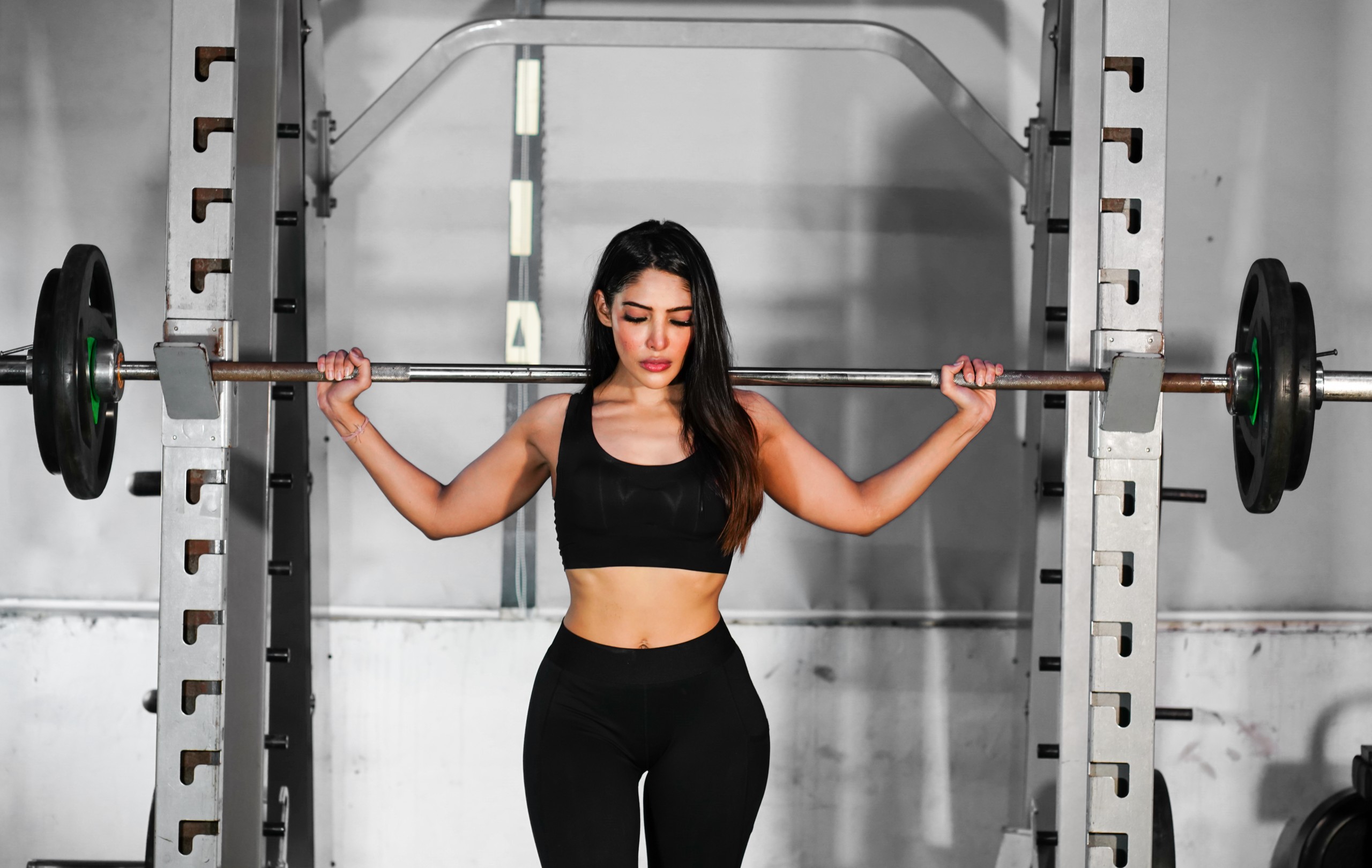Not everyone can be a professional athlete, but that doesn’t mean that amateur athletes and fitness fans don’t take their conditioning seriously. The pros have many advantages that the average person doesn’t have access to, but there are many tips that anyone can take advantage of. Learn about how to support your fitness like a pro.
Maximize Nutrition
If fitness is your passion, you already know that good nutrition is the basis for superior physical prowess. You can’t ask your body for its best effort unless you give it the fuel it needs
Trends and fads in nutrition come and go, but good basic nutrition stays the same. Focus on these goals:
- Eat lean, high-quality protein. Poultry and fish are great choices. Keep your protein as clean as possible with a focus on free-range, grass-fed and wild-catch options.
- Increase your intake of a wide variety of vegetables and moderate amounts of fruit. If you can source organic fruits and vegetables, even better.
- Include healthy fats like virgin olive, avocado and coconut oil. It may seem counter-intuitive, but the body needs good fats.
- Be moderate in your carbohydrate consumption. Focus on organic, whole grains. Many athletes find that avoiding glutinous grains increases their performance.
- Support your health with high-grade from reputable companies like USANA. USANA athletes are some of the best athletes in the world.
Diversify Workouts
If you want to increase your results, you need to change something in your routine. The body thrives on variety. You may not be able to work out for hours a day like professional athletes, but you can change things up in other ways.
Increase the intensity of your current workout by increasing the length of your workouts, the frequency of your workouts or rotating to something completely new. If getting to the gym more often is a challenge, exercise bands and body-weight exercises can be done at home and provide a great change from equipment-based routines.
Value Sleep
Getting enough sleep is important for anyone’s well-being, but even more so for athletes. Professional athletes often sleep 9 or 10 hours a night.
The Sleep Foundation cites studies showing that increasing hours of sleep can facilitate greater muscle repair and affect stamina, response time and mental acuity for athletes.
According to The Sleep Foundation, developing good sleep habits is the key to maximizing the benefits of your downtime. They suggest having a set sleep schedule and a fixed nighttime routine.
They also advise that you keep your bedroom cool, completely dark and as silent as possible. You should consider using tools such as sleep masks or earplugs if necessary.
Increase Water Consumption
Taking in the commonly advised eight 8-ounce glasses of water a day is the minimum for most adults, but not sufficient for athletes. Familydoctor.org says that athletes should drink up to 20 ounces of water in the hours before a workout, another 8 ounces during warm-up, approximately 8 ounces every half hour during the workout and another 8 ounces within a half hour of finishing.
Improve Recovery
Finally, professional athletes never ignore the post-performance recovery needs of their bodies. Athletes of all levels ask a lot of their bodies. Failing to engage in rest and recovery activities can negatively affect athletic performance and lead to damage and injuries.
You may not have access to some of the recovery methods used by professional athletes such as hydrotherapy or professional massages; however, there are other techniques you can utilize. Making sure that you don’t neglect your post-workout stretching is an easy place to start.
Staying hydrated and getting good sleep are also powerful tools for recovery. Additionally, using an inexpensive myofascial roller for deep self-massage can be very effective. Your workout is only part of optimizing your athletic performance. Take a few tips from the pros and pay attention to nutrition, sleep, hydration and recovery techniques as well. You’ll be surprised by how these seemingly unrelated activities will affect your overall physical fitness and ability.
Apart from this, if you are interested to know about The Role Of Med then visit our Health category.


